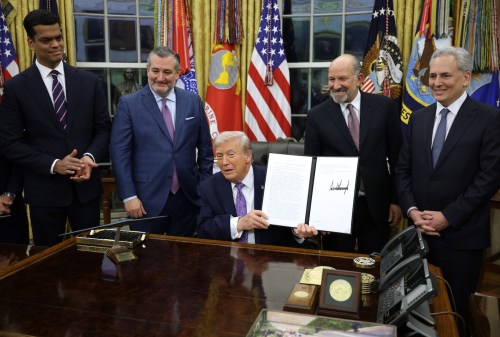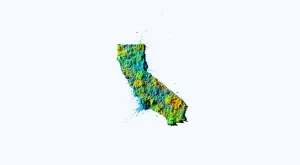U.S. Digital Response calls for federal grant ‘Common App’

In a new report, the U.S. Digital Response on Tuesday called for the development of a “Common App” to standardize, streamline and simplify the federal grant process for state and local governments.
The nonprofit civic-tech group made the recommendation in its new report, “No Front Door: Barriers to Access for Small Communities Seeking Federal Grants.” The report says the complexity of federal grant process often discourages underserved communities from applying. And, in light of the billions in grant dollars that have been made available since the pandemic, the U.S. Digital Response says there are many ways to make the process of finding, applying for, managing and reporting grants easier on small governments.
The development of a common application for federal grants — such as the one used by hundreds of colleges and universities for accepting applications — could support “pre-qualification” rounds, which would filter out communities that might not meet the grant criteria, the report said. This move would also lower the number of extensive applications the federal government would have to review, easing the burden on federal agencies.
“I spent a little bit of my time in higher education. And if thousands of higher-ed institutions can come together and work on one common application, I know that across the federal government – all agencies with the same overarching mission – we ought to be able to come up with a common application,” Pari Sabety, a senior grants adviser for the U.S. Digital Response and author of the report, said during a webinar on Tuesday.
Along with saving localities time, the report said, a standardized application could allow some parts of it to be pre-filled with federal census data. This would keep applicants from having to repetitively enter certain information across several applications. Grant programs with specific requirements can add on supplemental parts to fit their needs, but ultimately, federal applications need to be more user-friendly, the report urged.
The report points to the U.K. Find a Grant tool, which allows British users to save filtered searches for grants more seamlessly than the U.S.’s outdated grants index, Grants.gov. The U.K. tool is still in its beta testing phase, but already has 70,000 users, according to the report.
The U.S. Digital Response has already developed two free tools of its own to help smaller communities find federal grants and report back to the federal government on how the funds are spent. The USDR Federal Grant Finder is being used in several states, including Nevada, for grant discovery. The ARPA Project and Expenditure Reporter helps cities and states document and report how they use American Rescue Plan Act funds.
Along with suggesting more communication to communities about grant opportunities, the report recommends program managers build “T-Shirt sized” compliance models tailored to the needs of small, medium and large government entities. A more tailored approach would also ease some of the administrative burdens on smaller communities that don’t have a dedicated grant manager, which is often where resources are already scarce, the report said.
“Too many small cities, townships, counties and villages actually opt out of pursuing a grant, because the journey is so complex,” Sabety said. “So what’s the inverse of this? If we improve the federal grants process, we know that will bring outsized benefits, particularly to small communities.”






